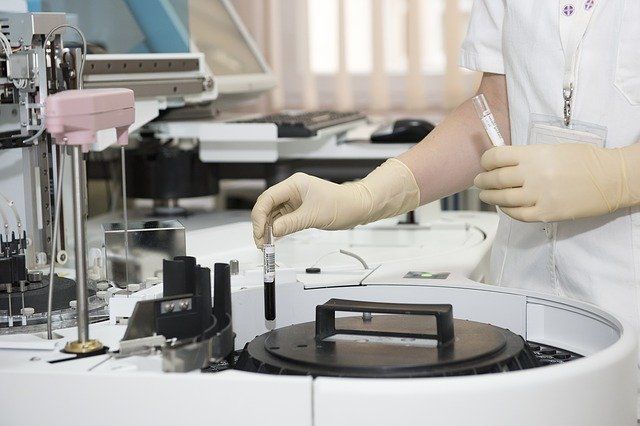
As our wold becomes more digital, we are always finding technology that can help makes our lives easier; innovation in the technology sector has been increasing throughout my life. However, a recent article penned by the Financial Times talks about a topic we don’t really used in tech: responsible innovation.
Sure, using technology for everything in our lives would be great, but is it responsible? The article recalls how regulation for new technology always come too late, i.e., seat belts in cars, privacy protections for internet users, moratoriums on facial recognition technology, and so on.

The article really pushes the narrative that while technology regulation is essential to the public good, it is intended to protect people from measurable damage rather than foresee or prevent it in the first place.
For healthcare technology, the article focuses on three simple points we can practice responsible innovation:
While the article talks about responsible innovation in healthcare specifically, we can apply that concept to all other sectors too. Just because we can build it, doesn’t mean it’s always better.
And while my generation is always distracted by the next newest shiny object in the tech world, it’s important that we recognise responsible innovation and that technology should be inclusive for all of us.
We need to broaden our approach to responsible innovation to encompass methods that are inclusive by default and empower all people.